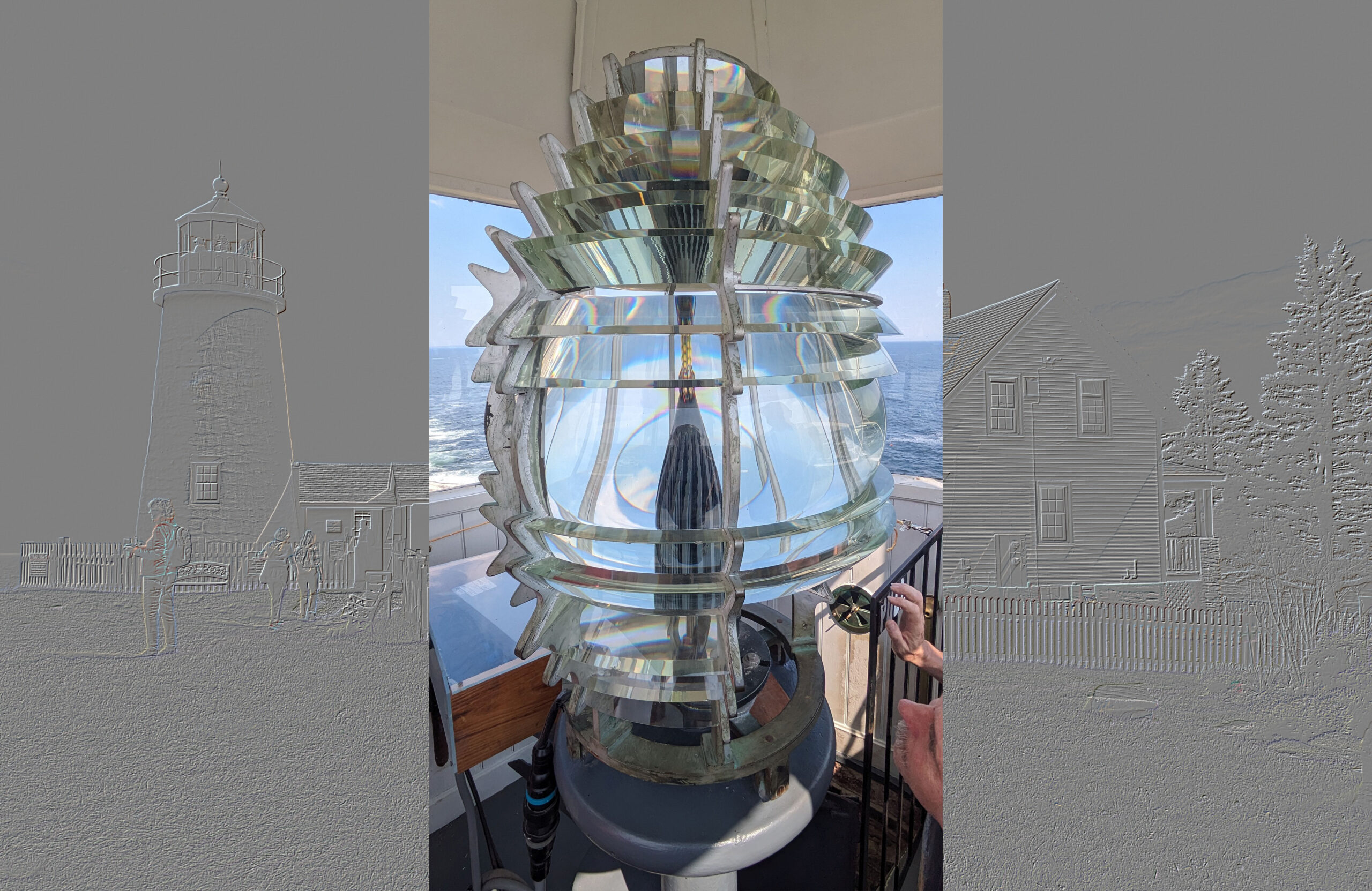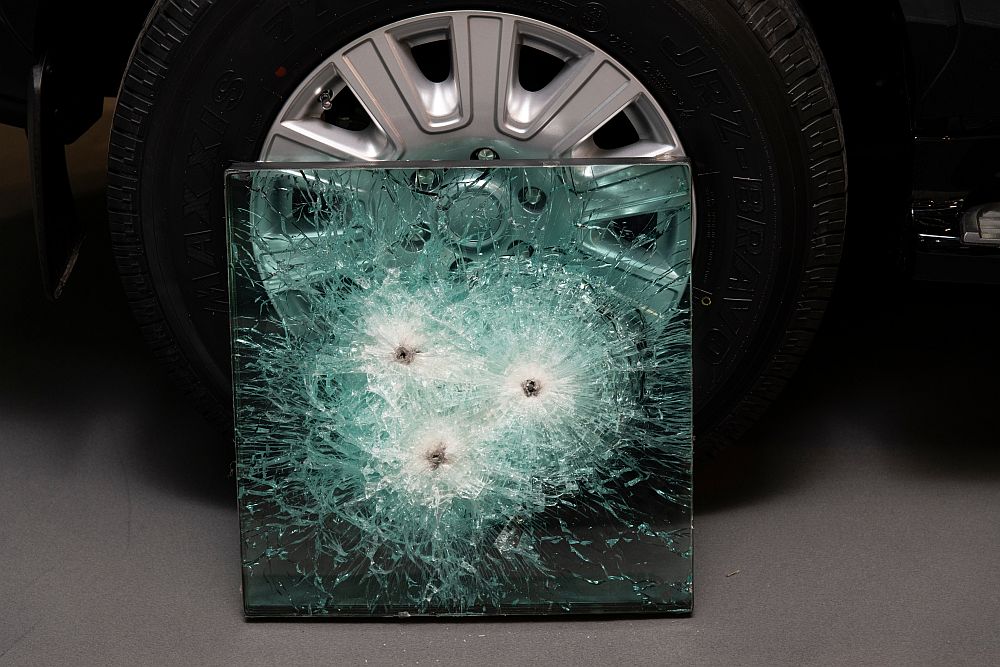
[Image above] Following the port explosion in Beirut, volunteers, nongovernmental groups, and entrepreneurs are looking to salvage glass littering the streets by recycling it. Credit: Islam Channel, YouTube
With news concerning the coronavirus pandemic, extreme weather events, and politics constantly flooding the airwaves, people often miss pieces of news that in any other year would have made front page—such as the port explosion in Beirut, the capital of Lebanon.
On August 4, a large fire caused 2,750 tonnes of ammonium nitrate to explode at the Port of Beirut, one of the largest and busiest ports on the Eastern Mediterranean. The blast, which seismologists at the United States Geological Survey say was the equivalent of a 3.3-magnitude earthquake, killed almost 200 people, injured more than 6,500, and left 300,000 residents temporarily homeless.
Property damage was extensive as well. The United Nations estimates 200,000 housing units, approximately 40,000 buildings, were damaged in the blast, and Reuters reports insured losses are likely to total around $3 billion while total economic losses are expected to reach $15 billion.

Port of Beirut soon after the powerful blast. The blast destroyed the immediate dockside area, creating a crater approximately 140 m (460 ft) wide, which flooded with seawater. Credit: Ain92, Wikimedia (CC BY-SA 4.0)
Lebanon’s entire cabinet resigned following the explosion in response to widespread anger over government inaction and mismanagement. Efforts to form a new government are ongoing as homeless residents struggle to cope with the aftermath.
During these difficult times as the city looks to rebuild, volunteers, nongovernmental groups, and entrepreneurs are trying to salvage some of the wreckage by recycling at least part of the tonnes of glass that currently litter the streets.
An AFP News article sheds light on some of the glass recycling initiatives, including one spearheaded by Ziad Abichaker, CEO of environmental engineering company Cedar Environmental.
“We decided that at least part of the shattered glass … our local industries should benefit from as a raw material,” Abichaker says in the article.
He teamed up with civil-society organizations and a host of volunteers to collect and deliver glass to Uniglass and Koub/Golden Glass in Tripoli for reuse. From mid-August to September 2, they sent almost 58 tonnes to the companies, and Abichaker says he hopes to bring the total to 250 tonnes.
Not all of the glass from the explosion is suitable for reuse in Tripoli, however. Anthony Abdel Karim, another interviewee in the article, says they aim to find other ways of recycling that glass, such as crushing it for use in concrete or other materials.
Learn more about the recycling efforts and how they are benefitting local industry in the video below.

Credit: Islam Channel, YouTube
Author
Lisa McDonald
CTT Categories
- Glass


